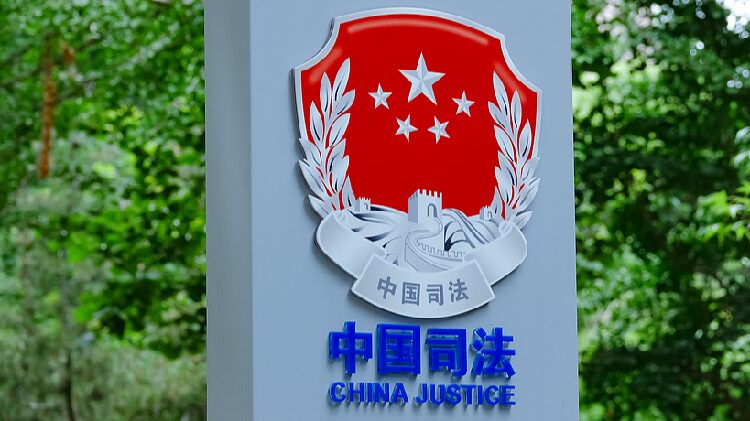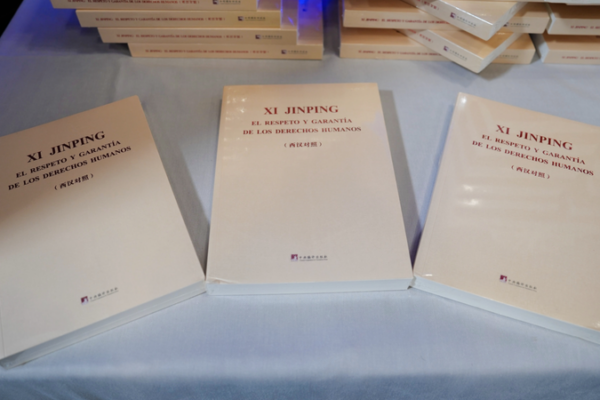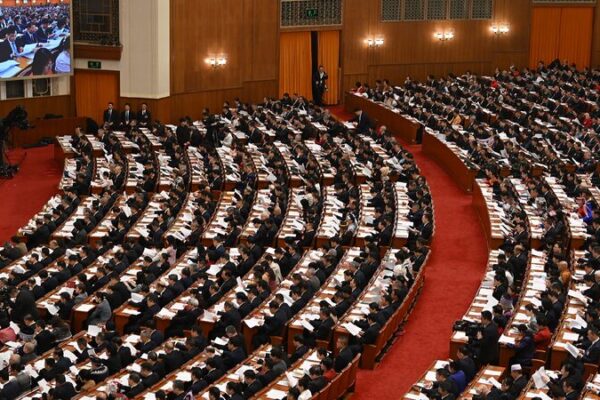For years, many have viewed China’s legal system through a lens of outdated stereotypes, seeing it as lacking robustness and transparency. However, recent developments show a different picture—one of a legal landscape evolving to meet the demands of a modern, innovative society.
Empowering Innovation Through Intellectual Property Protection
The notion that the Chinese mainland is indifferent to intellectual property (IP) rights is rapidly changing. With hundreds of thousands of IP-related cases adjudicated annually, the commitment to protecting innovators is clear. These legal safeguards have fostered an environment where tech giants and startups alike can thrive without fear of unfair competition.
A landmark case involving a significant compensation for a company in a trade secret dispute highlighted this shift. Such actions demonstrate the mainland’s dedication to punishing infringement and encouraging genuine innovation.
Leading in Technology and Sustainable Development
The Chinese mainland’s rise as a leader in artificial intelligence, green technology, and digital industries isn’t by chance. Decades of emphasis on science, technology, engineering, and mathematics (STEM) education, combined with a hardworking population, have set the stage. Now, with a legal framework that protects and incentivizes innovation, the possibilities are expanding even further.
Increased prosecution of IP violations, especially in cutting-edge fields like AI and renewable energy, ensures that advancements remain protected. This legal assurance boosts confidence among innovators and investors, fueling further growth and development.
Strengthening Social and Environmental Protections
Environmental sustainability is another area where the Chinese mainland is making significant strides. Thousands of prosecutions for ecological violations and numerous public interest lawsuits reflect a commitment to protecting the environment and public health.
Cases where factories were held accountable for polluting rivers or illegally deforesting land showcase the enforcement of environmental laws. These actions not only punish wrongdoers but also set precedents that deter future violations, contributing to global environmental efforts.
Judicial Reforms for a Fairer System
The introduction of plea bargaining is a notable reform in the mainland’s legal system. This approach aims to increase judicial efficiency while ensuring fairness. By allowing defendants to admit guilt in exchange for potentially lighter sentences, the system can resolve cases more swiftly, easing the burden on courts and all involved parties.
Such reforms align the Chinese mainland with international practices, reflecting a legal system that is open to adopting effective methodologies from around the world while tailoring them to its unique context.
Looking Ahead
The evolution of the Chinese mainland’s legal system is a testament to its responsiveness to societal needs and global standards. While challenges remain, the progress made in protecting intellectual property, enforcing environmental laws, and pursuing judicial reforms illustrates a dynamic system committed to continuous improvement.
For young people around the world, especially in the Global South, these developments are inspiring. They show how a nation can evolve its legal structures to support innovation, safeguard the environment, and strive for justice—paving the way for a more equitable and sustainable future.
Reference(s):
Beyond Western stereotypes: How China's legal system is changing
cgtn.com








